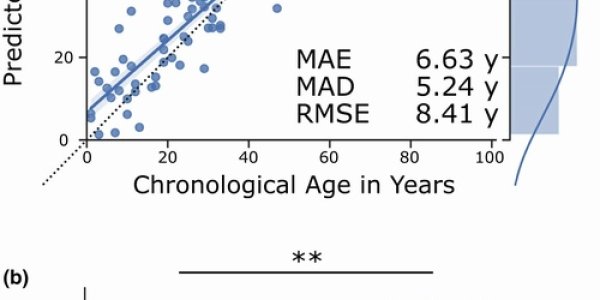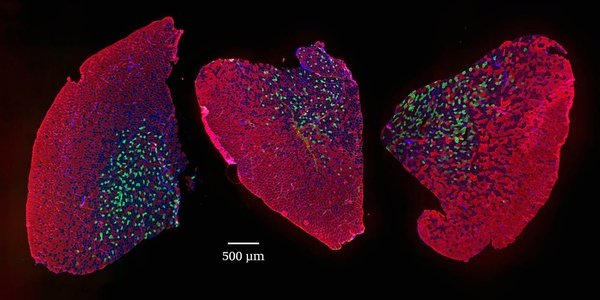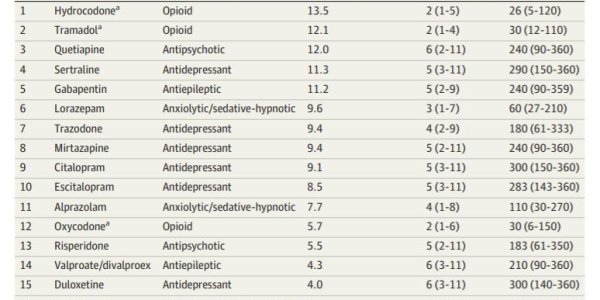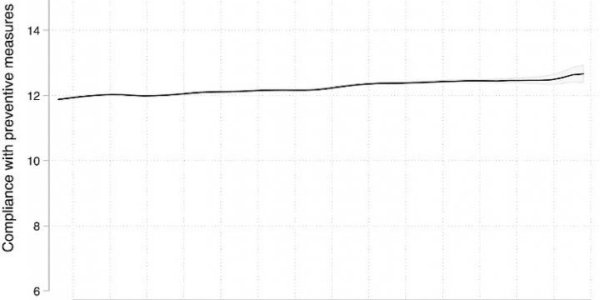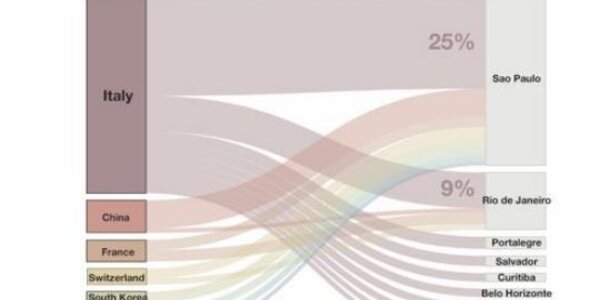Binarized Transcriptome Aging Clock Reads Biological Age Directly From Gene Expression
We all have an age but we also know time is a relative abstract construct based on real dimensions in the physical world; a day is different on Mars than it is on Earth. We know our birthdays and how…
